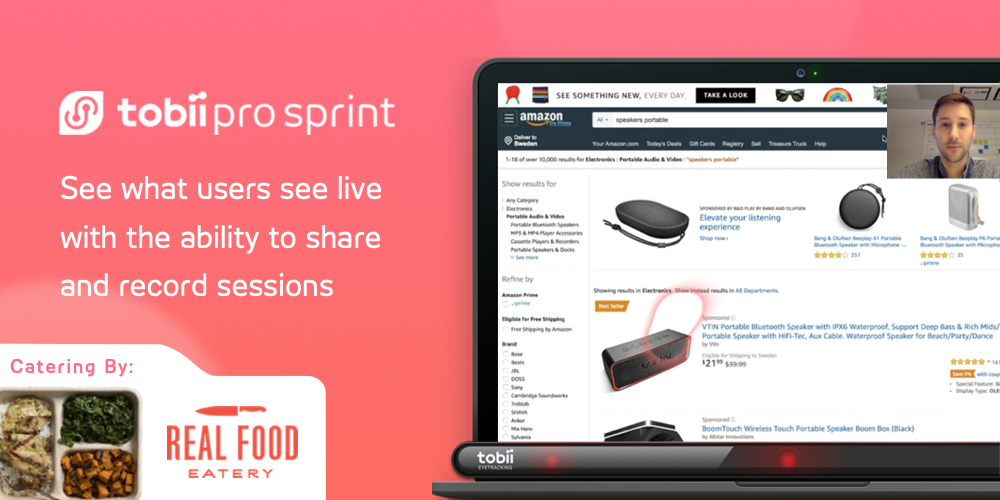For the time being, it’s just three people in a small office at Center City coworking space MakeOffices, but Bainbridge Health — the latest spinout from the Children’s Hospital of Philadelphia — set a pretty high goal for themselves: keeping patients safe using data.
“The problem hospitals face is that medication goes through different, isolated technologies,” said Bainbridge CEO Joseph Kaupp. “These are data silos with clinically relevant data.”
To exploit that data for medical purposes, Kaupp said, people like his cofounder, Sean O’Neill, a former medication safety officer at CHOP and the creator of the initial concept, have to spend time parsing and cleaning it.
“They just don’t have the time for that,” said Kaupp, who is also joined in the enterprise by veteran technologist Sam Wilson as chief technology officer.
Championed by Patrick FitzGerald, CHOP’s VP of entrepreneurship and innovation, the startup incubated at the hospital and spun out on July 7, sporting an undisclosed equity investment from the hospital and a $54,000 note from BioAdvance to get started.
“We believe Bainbridge Health’s software will significantly reduce medication safety errors, which is the leading driver of harm in hospitals nationwide,” FitzGerald said. “It will allow clinicians to better monitor numerous aspects of patient safety. Bainbridge’s value proposition is well aligned with CHOP’s mission to be the safest children’s hospital in the world.”
So what do they actually do (a frequent question in the data analytics field)? They essentially provide medication management in the software-as-a-service (SaaS) form that performs pesky data-clerking activities, letting clinicians have more time to focus on stuff that actually matters.
Still don’t get it? It’s OK. It’s complicated.
Take the company’s initial platform, which optimizes the technology behind Smart Infusion Pumps (machines that automatically deliver a set dosage of medicine). To exploit the full benefit behind these pumps, there’s a whole lot of data tasks that have to be performed.
That’s where the Bainbridge platform comes in, taking those tasks away from clinicians and using the boon of digital data analytics to make sure there are no potentially devastating errors.
Bainbridge’s system will be live in two hospitals in November. Though the idea looks promising, it looks kinda limited at first glance. But Kaupp ensures the infusion pump thing is simply the beginning for Bainbridge.
“In the future, we want to leverage that platform and use it to address problems along other verticals in medicine,” he said.







